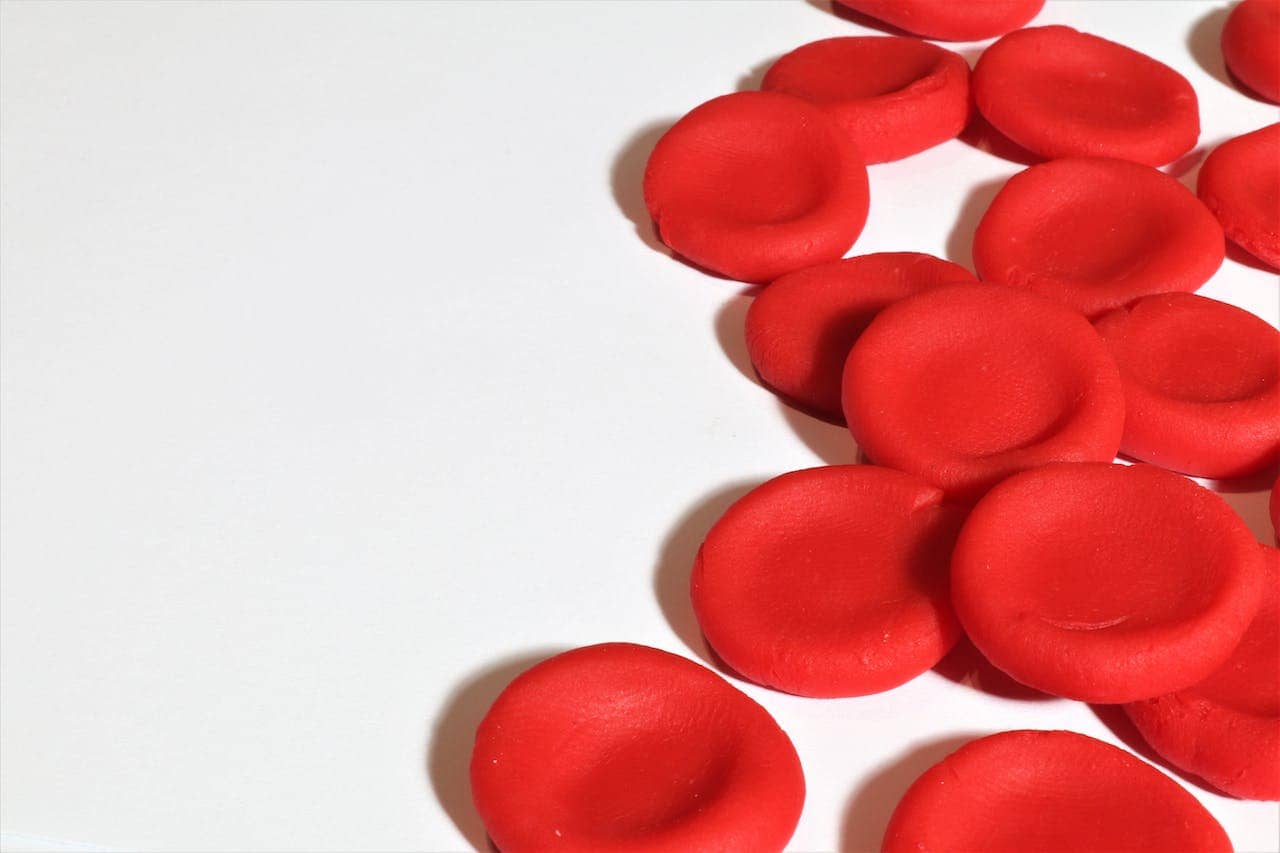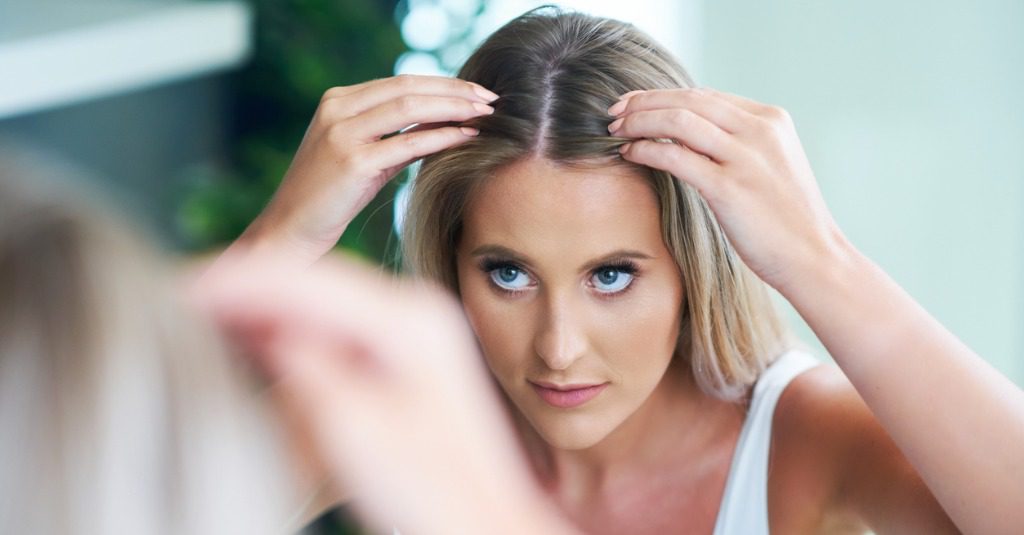How to Prevent Hair Loss During Menopause?

Menopause is a natural phase in a woman’s life that brings about various physical and emotional changes. One of the most common concerns during this time is hair loss. In this blog post, we’ll delve into the topic of menopause-induced hair loss, explore its causes, and provide tips on managing and potentially reversing this distressing issue.
Hair Loss During Menopause: Understanding the Basics
Menopausal hair loss refers to the excessive shedding or thinning of hair that many women experience as they go through this hormonal transition. It’s essential to understand that not all women will experience hair thinning during menopause, and the severity can vary from person to person.
Causes of Hair Loss During Menopause
- Hormonal Changes: The primary reason for hair thinning during menopause is hormonal fluctuations. As estrogen and progesterone levels decline, testosterone (which is present in smaller amounts in women) may have a more significant impact on hair follicles. This hormonal imbalance can lead to hair thinning and loss.
- Aging: Natural aging processes also play a role. As women age, hair follicles tend to become smaller, and hair growth slows down.
- Genetics: Your genetic predisposition can influence the likelihood of experiencing hair loss during menopause. If your mother or grandmother experienced it, you may be more susceptible.
- Stress: Menopause often brings about stress due to physical and emotional changes. Chronic stress can contribute to hair loss, so it’s crucial to manage stress effectively.
- Nutrition: Inadequate intake of essential nutrients, such as iron, vitamin D, and biotin, can exacerbate hair loss.
Managing Hair Loss During Menopause

Now that we understand the causes, let’s explore some strategies to manage hair thinning during menopause:
- Maintain a Healthy Diet: Ensure you consume a balanced diet rich in vitamins, minerals, and protein. Nutrients like biotin, iron, and zinc can promote hair health.
- Stress Management: Practice stress-reduction techniques such as meditation, yoga, and deep breathing exercises. Reducing stress can positively impact your hair.
- Hormone Replacement Therapy (HRT): Discuss hormone replacement therapy with your healthcare provider. HRT can help balance your hormone levels and reduce the severity of hair loss in some cases.
- Topical Treatments: Over-the-counter topical treatments like minoxidil can help slow hair loss and stimulate new hair growth. Consult with a dermatologist for personalized recommendations.
- Prescription Medications: In some cases, prescription medications, like finasteride, may be recommended to manage hair loss.
- Wear Protective Hairstyles: Avoid hairstyles that put excessive tension on your hair, such as tight ponytails or braids. These can contribute to hair loss.
- Use Gentle Hair Care Products: Choose hair care products that are gentle and free from harsh chemicals. Avoid excessive heat styling and limit the use of hair dryers and straighteners.
- Try LLLT: Low-Level Laser Therapy, or LLLT, is a non-invasive and non-pharmaceutical treatment for hair loss that uses gentle red light to revive dying hair follicles. LLLT is scientifically proven to increase hair density in both men and women suffering from pattern hair loss, including female pattern hair loss during menopause. In addition to topical minoxidil, LLLT is one of only two treatments for female pattern hair loss officially sanctioned by the US FDA. LLLT is a safe and convenient treatment for hair loss that can be done at home using one of the several different LLLT hair loss devices currently available, including The Original LaserCap.
In Conclusion
Hair loss during menopause can be distressing, but it is a common issue that many women face. By understanding the causes and taking proactive steps to manage it, you can minimize its impact and even promote regrowth. Navigating the changes of menopause and hair loss can be challenging, but with the right approach, you can still enjoy healthy, beautiful hair as you embrace this new phase of life.



